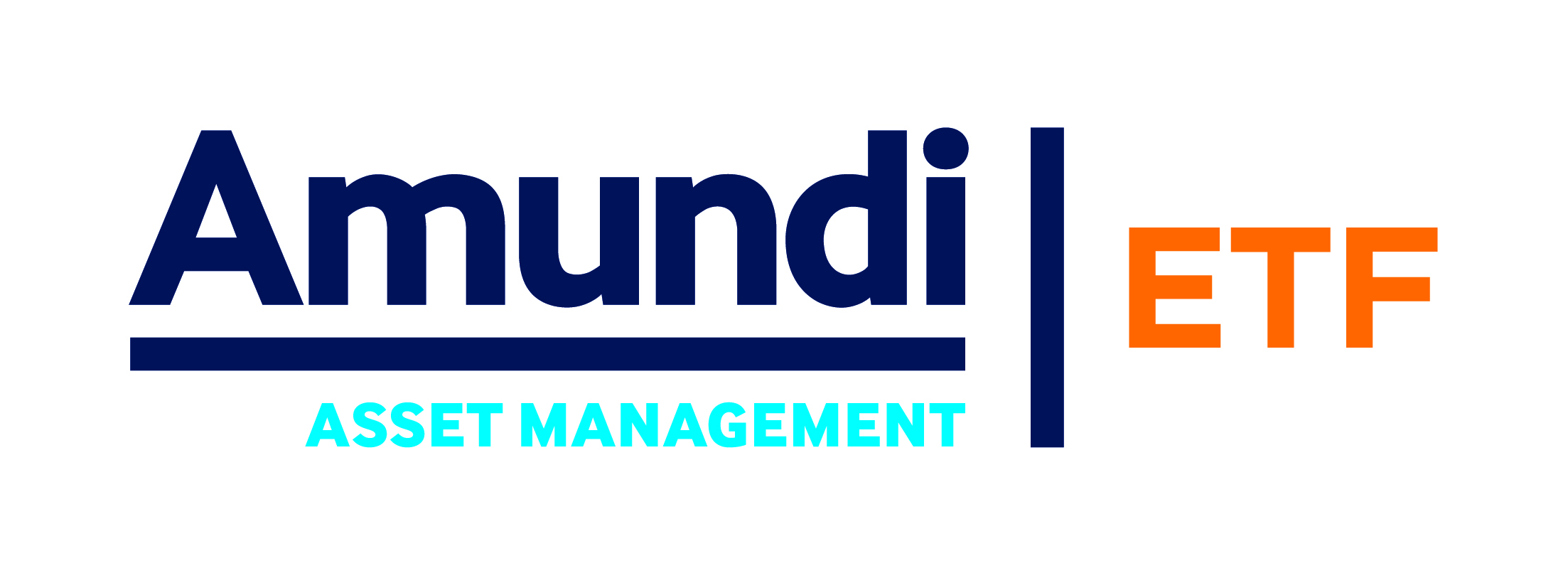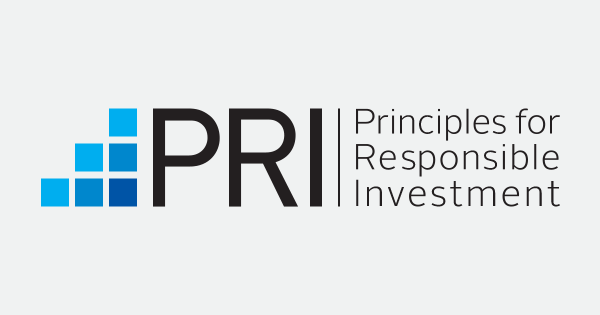How ETF issuers engage with the underlying companies they are invested in is fast becoming a top priority for investors when selecting ESG ETFs.
As highlighted in the previous section, some 79.8% of respondents in ETF Stream and Amundi’s recent survey said asset manager engagement and voting was either “essential” or “very relevant” highlighting the growing importance of this area.
ETF investors are wholly reliant on issuers – as the asset owners – to effectively engage with companies in their ESG ETFs and have a genuine impact, be it at shareholder meetings or one on one discussions. Without engagement, are ETF issuers that offer broad-based indices with hundreds of securities part of the solution to sustaining change or the problem?
Engagement becomes even more pronounced for ETF issuers when one considers the fact they are unable to divest from companies without engaging with the index provider first. Dealing with index providers – which are not asset owners – can be challenging though as they have a job to keep all their clients happy. In the case of Wirecard, it was a no brainer for index providers to remove it from ESG indices, however, a company that is more in a grey area becomes a bigger problem for an ETF issuer.
As the Principles for Responsible Investment (PRI) highlighted in 2019: “Investors sometimes have escalation procedures if engagement does not progress positively. These escalation procedures may include reducing their exposure or divesting from a position either temporarily or permanently.
“While active investors can freely follow such an escalation procedure, passive investors will not be able to reduce exposure or divest unless they exit the index entirely or adjust the weightings of a tailored index. This limits possible options if engagement proves unsuccessful and escalation is deemed to be necessary.”
Where the key challenges lie for ETF issuers in Europe is the vast differences in opinion on what environmental, social and governance investing actually means. Highlighting this, a German investor in an ESG ETF will, in general, be anti-nuclear power while an investor in France will have a more positive view on this industry. When an ETF issuer goes to vote at a shareholder meeting, for example, which investor do they listen to, the German, the French, the one with most assets in the ETF? This is why asset managers should have a clear policy on these topics and investors should ensure they are comfortable with the manager's policy.
One option that ETF providers have is to develop custom indices to encourage engagement. For example, the AMUNDI EURO iSTOXX CLIMATE PARIS ALIGNED PAB UCITS ETF (PABZ) has a specially designed index that requires index constituents to have an SBTi plan in place to improve their sustainability and effectively divest over time from companies that do not. Furthermore, while it is clear investors want better stewardship and engagement, what is less clear is how they want this to happen.
As Andrew Limberis, senior investment manager at Omba Advisory & Investments, said: “Engagement is a real challenge for ETF issuers but investors also do not quite know exactly what they want out of it.
“Investors generally want better stewardship policies and engagement but how this actually looks in terms of voting policies and broader engagement is far less clear. Not all investors want the same thing, which is important to remember and when we lump all investors into the same bucket, which principles become more important?”
But how do investors know which ETF issuers score well from an engagement perspective? One way is through external research into shareholder voting. Highlighting this, a recent ShareAction report titled Voting Matters 2020 found asset managers in Europe were more engaged when voting at climate-related resolutions than US issuers.
At these shareholder resolutions, among the top three asset managers was Amundi which voted at 89%, meanwhile, two leading US asset managers were in the bottom five, having voted at 12% and 14% of climate resolutions.
The growing importance of engagement has given greater impetus to the larger issuers offering ESG ETFs as they have the ability to combine both the active and passive sides of the business when speaking to individual companies, something the smaller issuers cannot do.
“For those ETF issuers that do not have extensive research teams or an active arm, it is impractical to expect them to vote or use their influence as shareholders over the hundreds, if not thousands, of companies in their passive products,” Limberis continued. “From my personal experience, ETF issuers are becoming more forthcoming in terms of stewardship but there is a long way to go. For now, many ESG investors are just going to have to stick to the well-quoted carbon intensity statistics.
This article first appeared in ETF Scan: Investigating the rise of ESG, a six-month investigation from ETF Stream and Amundi into the ESG ETF landscape





